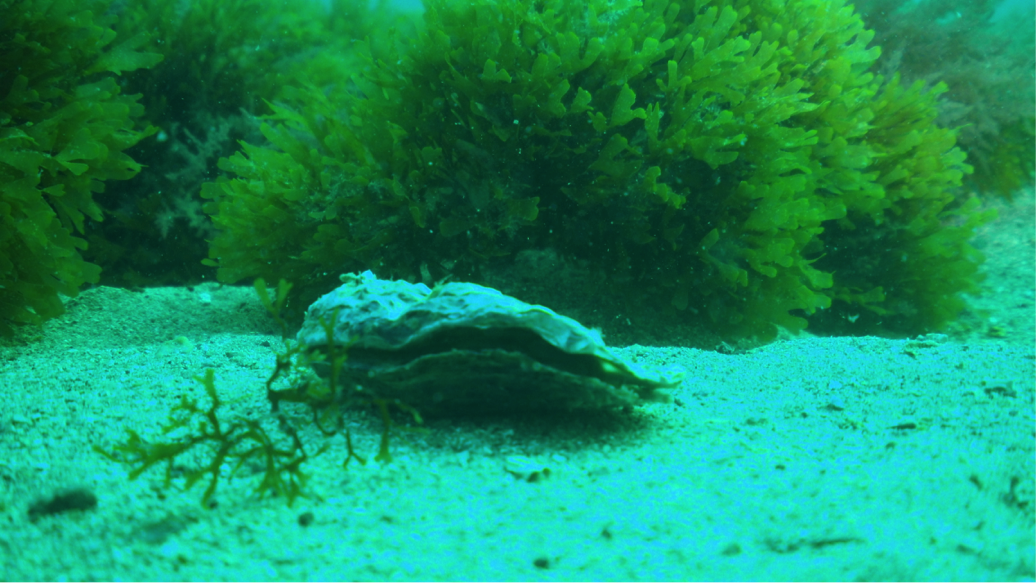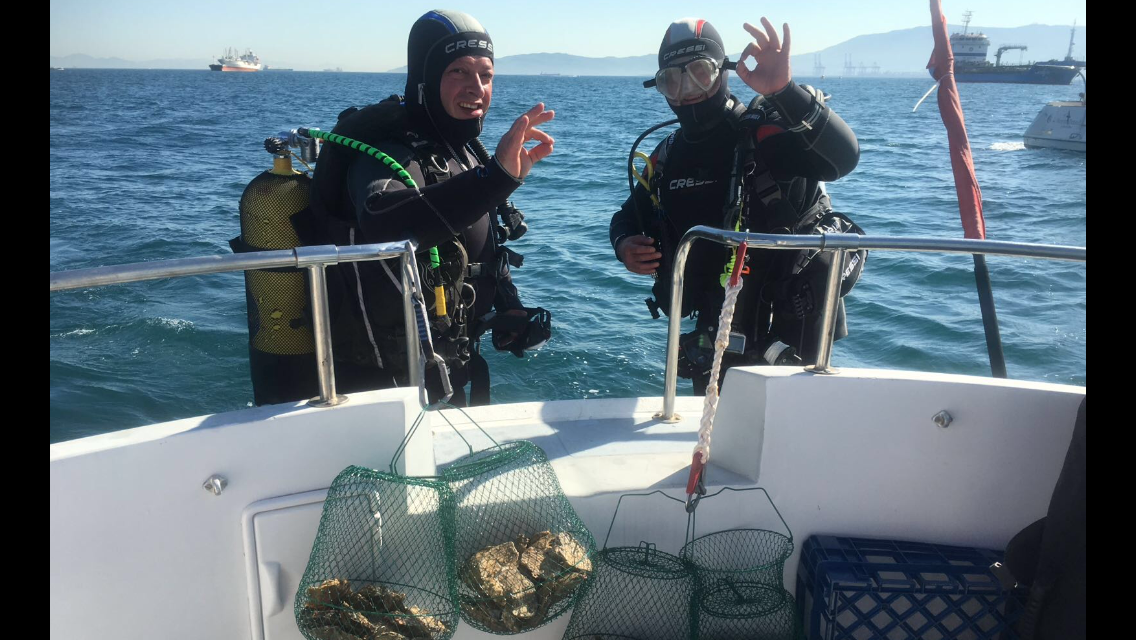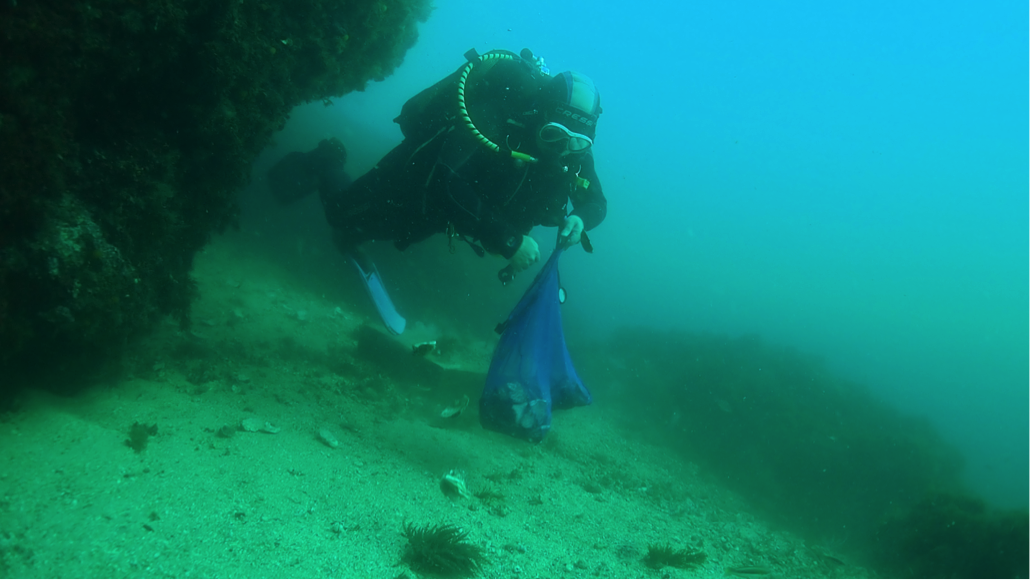In its continuing work to improve the marine environment and restore its diversity, the Department of the Environment and Climate change (DECC) has recently commenced an initiative to reintroduce the European Flat Oyster (Ostrea edulis) in British Gibraltar Territorial Waters (BGTW) as part of its wider marine restoration programme.
The Flat Oyster was known to be abundant in the Bay of Gibraltar but their numbers diminished during the 19th Century due to over-fishing. Proof of their presence in the Bay can be seen today within some of Gibraltar’s fortifications, such as the old Spanish walls, where oyster shells were used as fill material. Interestingly, census records also show that ‘oyster-catchers’ were recorded as working in Gibraltar during the 1800s.

In an attempt to increase population numbers the DECC has been working closely with marine biologist, Dr. Darren Fa, and Aquareef Tech. Approximately 100kg of mature oysters have been deployed within protected areas in different areas of the Gibraltar Marine Reserve. The oysters have been strategically placed and are ready to reproduce. The DECC’s Dive Team will be carrying out regular inspections over the coming months to monitor the progress of this valuable restoration initiative.

Minister for the Environment and Climate Change, the Hon Dr John Cortes commented, “We are working hard to try and regain many of those species that have either declined steeply or have been lost to Gibraltar, both on land and in the sea. This is one step more towards improving our biodiversity, which is good for the environment and for our enjoyment of the sea.”
The Department of the Environment and Climate Change would like to remind the public that any marine sightings within BGTW, including oysters, can be reported via email to: This email address is being protected from spambots. You need JavaScript enabled to view it.. Any information provided will assist the Department’s ongoing surveillance programme aimed at monitoring the marine biodiversity of BGTW.
